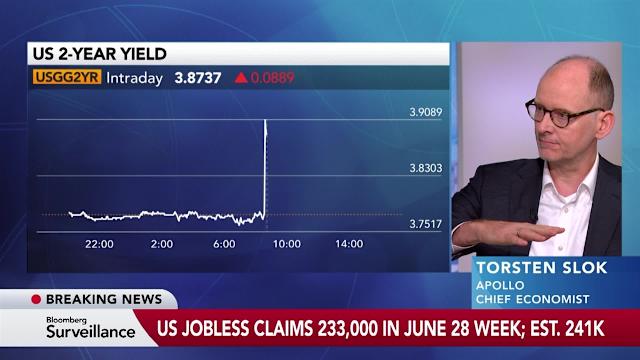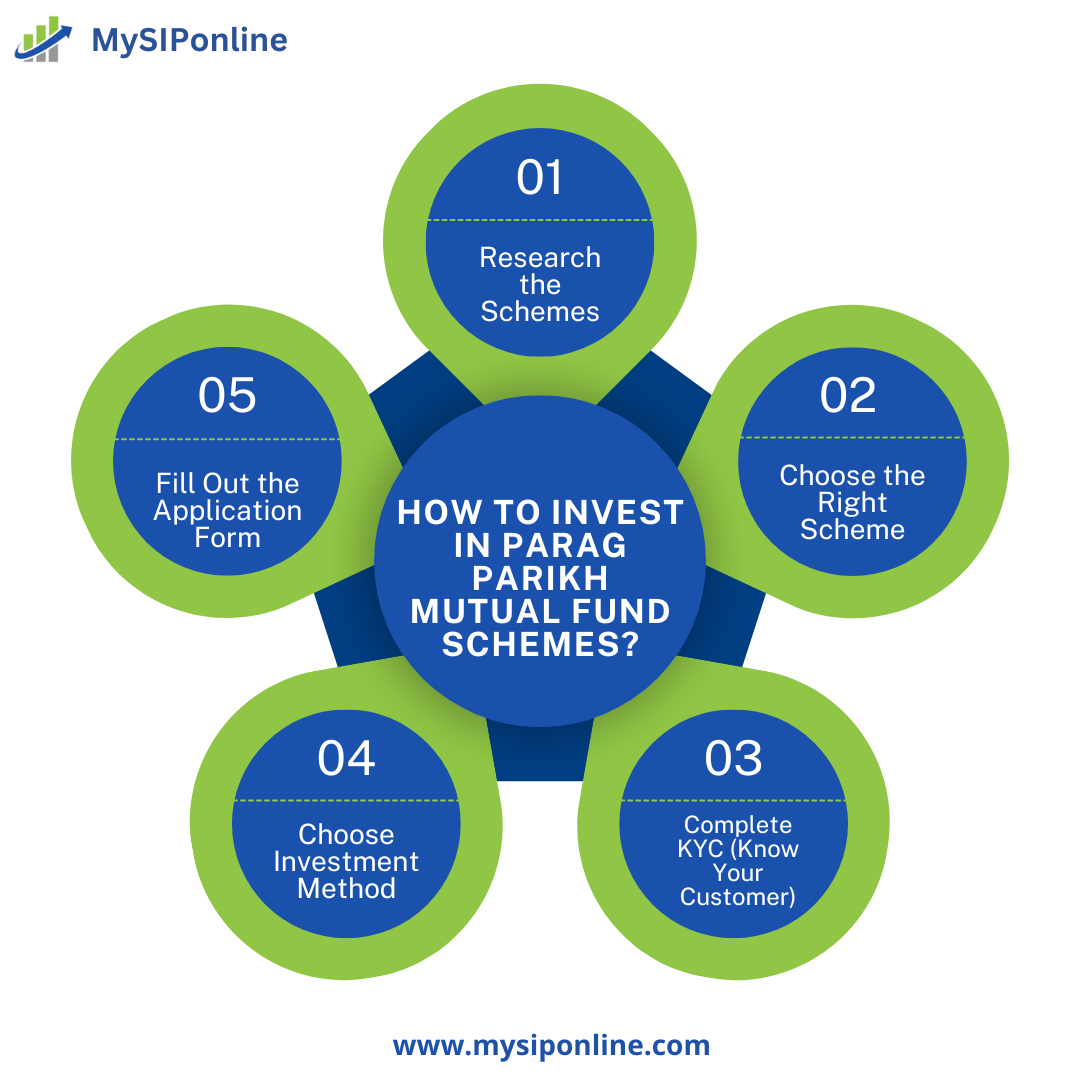
(Bloomberg) -- Federal Reserve Bank of Atlanta President Raphael Bostic called for patience amid uncertainty over economic policy and said a wait-and-see approach can help to ensure officials don’t have to reverse course on interest rates.
Most Read from Bloomberg
-
NYC Commutes Resume After Midtown Bus Terminal Crash Chaos
-
Struggling Downtowns Are Looking to Lure New Crowds
-
Massachusetts to Follow NYC in Making Landlords Pay Broker Fees
-
Foreign Buyers Swoop on Cape Town Homes, Pricing Out Locals
-
What Gothenburg Got Out of Congestion Pricing
“I believe a period characterized by such widespread uncertainty is no time for significant shifts in monetary policy,” Bostic said Thursday at an event in Frankfurt. “That is especially the case against the backdrop of a still resilient macroeconomy, which offers space for patience.”
Fed officials have held rates steady this year while they wait to see how President Donald Trump’s tariffs, along with changes to immigration, taxes and regulation, will affect the economy. Projections released after last month’s meeting show a divide over how much officials expect to reduce borrowing costs this year. While 10 policymakers expect to lower rates at least two times in 2025, seven see the Fed holding rates steady all year.
The Atlanta Fed chief said earlier this week that the impact of tariff-induced price increases may be incremental, instead of amounting to a one-time jump, which could lead to more persistent inflation.
He reiterated that concern on Thursday, saying tariff-related price bumps may be implemented over the course of the next year or more, causing a slow trickle of price increases that could lift inflation expectations.
“If I’m right, then the US economy will likely experience a longer period of elevated inflation readings,” Bostic said.
Job Market
A stronger-than-forecast jobs report for June, released earlier Thursday by the Bureau of Labor Statistics, lowered market expectations for a July cut.
Bostic said Thursday there are signs the labor market is softening, including a slowdown in hiring, but he said the jobs market is not yet deteriorating.
“I believe the committee must await more clarity rather than move in a policy direction that it might need to quickly reverse,” he said, referring to the Federal Open Market Committee.
Responding to questions following his remarks, Bostic said higher US government debt levels could eventually have implications for policymakers. He said debt servicing costs could “crowd out” other activities, which could later affect prices and employment in “material” ways.
Story ContinuesRepublicans in Congress appear close on Thursday to passing Trump’s tax and spending bill. The version that passed the Senate would add nearly $3.3 trillion to US deficits over a decade, according to a new estimate from the nonpartisan Congressional Budget Office.
Bostic also said the size of the federal debt could affect monetary policy by moving interest rates.
“To the extent that those things are perceived in financial markets as risk elevators, you could see interest rates move to some extent independent of things that we do,” Bostic said. “That would be really something that we’d have to think hard about.”
--With assistance from Jana Randow.
(Updates with additional Bostic comments starting in 10th paragraph.)
Most Read from Bloomberg Businessweek
-
SNAP Cuts in Big Tax Bill Will Hit a Lot of Trump Voters Too
-
America’s Top Consumer-Sentiment Economist Is Worried
-
How to Steal a House
-
China’s Homegrown Jewelry Superstar
-
Sperm Freezing Is a New Hot Market for Startups
©2025 Bloomberg L.P.










![Lobster Market Growth: Key Factors Driving Expansion to USD [9.6 Billion] by {2029}](https://noticiasdecostarica.com/zb_users/upload/2025/07/20250714121902175246674235065.png)


